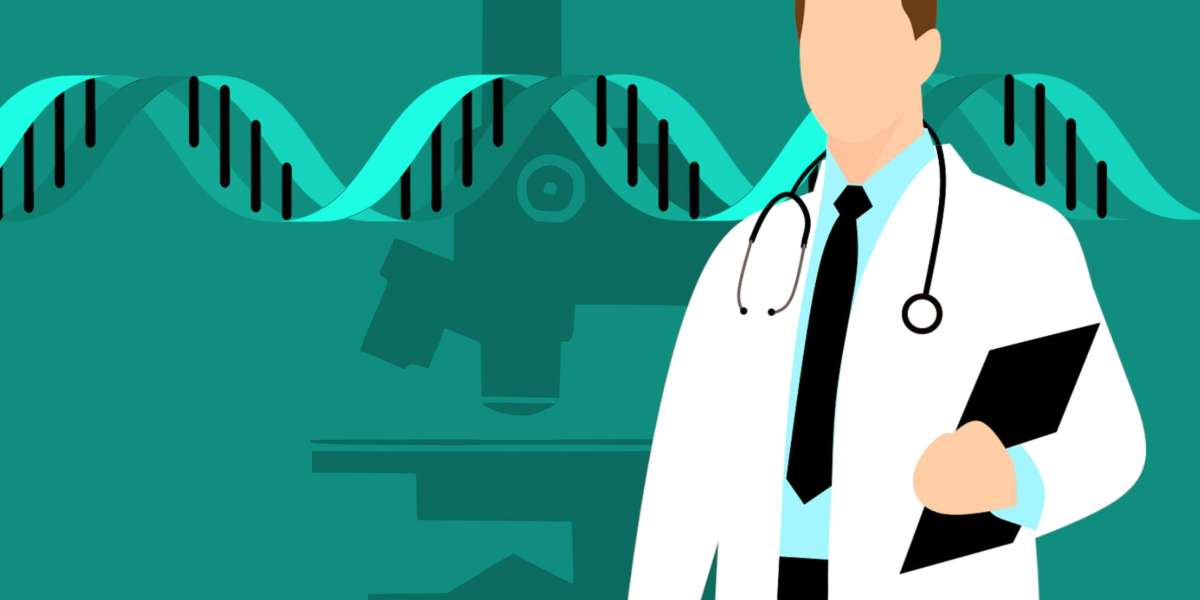Depression, or major depressive disorder, is a mood disorder characterized by persistent feelings of sadness, emptiness, hopelessness, and a lack of interest in previously enjoyed activities. It may also come with physical symptoms such as fatigue, changes in appetite, sleep disturbances, and difficulty concentrating.
Common causes of depression include:
Genetic predisposition
Chemical imbalances in the brain
Trauma or abuse
Chronic stress
Grief or major life changes
Other medical conditions
Without proper treatment, depression can become severe and even life-threatening. However, with professional care, most people can recover and lead fulfilling lives.
Types of Depression Treatment
Depression Treatment is not one-size-fits-all. It often involves a combination of therapies tailored to each individual’s symptoms, history, and lifestyle.
1. Psychotherapy (Talk Therapy)
Psychotherapy is one of the most widely used and effective treatments for depression. Working with a licensed therapist can help individuals explore the root causes of their depression, challenge negative thought patterns, and develop healthy coping strategies.
Common types of therapy include:
Cognitive Behavioral Therapy (CBT): Helps identify and replace negative thinking patterns that contribute to depression.
Interpersonal Therapy (IPT): Focuses on improving communication and relationships.
Psychodynamic Therapy: Explores how past experiences may influence current feelings and behaviors.
Therapy can be delivered in individual, group, or family sessions, depending on the person’s needs.
2. Medication
Antidepressant medications are often prescribed to help regulate brain chemicals linked to mood. Common types include:
Selective Serotonin Reuptake Inhibitors (SSRIs)
Serotonin and Norepinephrine Reuptake Inhibitors (SNRIs)
Atypical Antidepressants
Tricyclic Antidepressants (TCAs)
Medication should always be taken under the supervision of a psychiatrist or medical provider, as finding the right type and dose may take time.
3. Lifestyle Changes
In addition to therapy and medication, lifestyle improvements can play a major role in depression recovery. These include:
Regular physical activity
Healthy diet and proper hydration
Quality sleep
Limiting alcohol and avoiding drugs
Stress management techniques like yoga or meditation
Even small changes in daily routines can lead to noticeable improvements in mood and energy.
4. Support Systems
Having a strong support system—family, friends, or support groups—can significantly ease the burden of depression. Connecting with others helps reduce feelings of isolation and provides motivation and encouragement during recovery.
5. Advanced Treatment Options
For individuals with severe or treatment-resistant depression, more intensive options may be recommended, such as:
Electroconvulsive Therapy (ECT)
Transcranial Magnetic Stimulation (TMS)
Ketamine therapy
Final Thoughts
Depression is real, but so is recovery. With the right combination of professional treatment, support, and self-care, it is possible to overcome depression and reclaim your life. If you or someone you know is struggling, don’t wait—reach out for help. There is hope, and healing begins with a single step.








